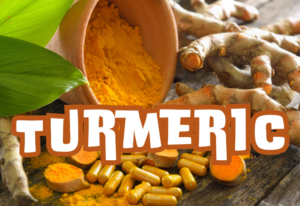
Nutrient Powerhouse: Vegetables For A Healthy Heart
I'm a meat lover, but I also need to keep my heart healthy. Unlock the secret to heart health with Vegetables For A Healthy Heart! Bursting with vital nutrients like potassium, fiber, and antioxidants, veggies offer a delectable pathway to cardiovascular wellness. From leafy greens to colorful bell peppers, each bite fuels lower blood pressure, reduced cholesterol, and diminished inflammation. Embrace nature's bounty and make Vegetables For A Healthy Heart the centerpiece of your plate for a heart that flourishes with vitality.






